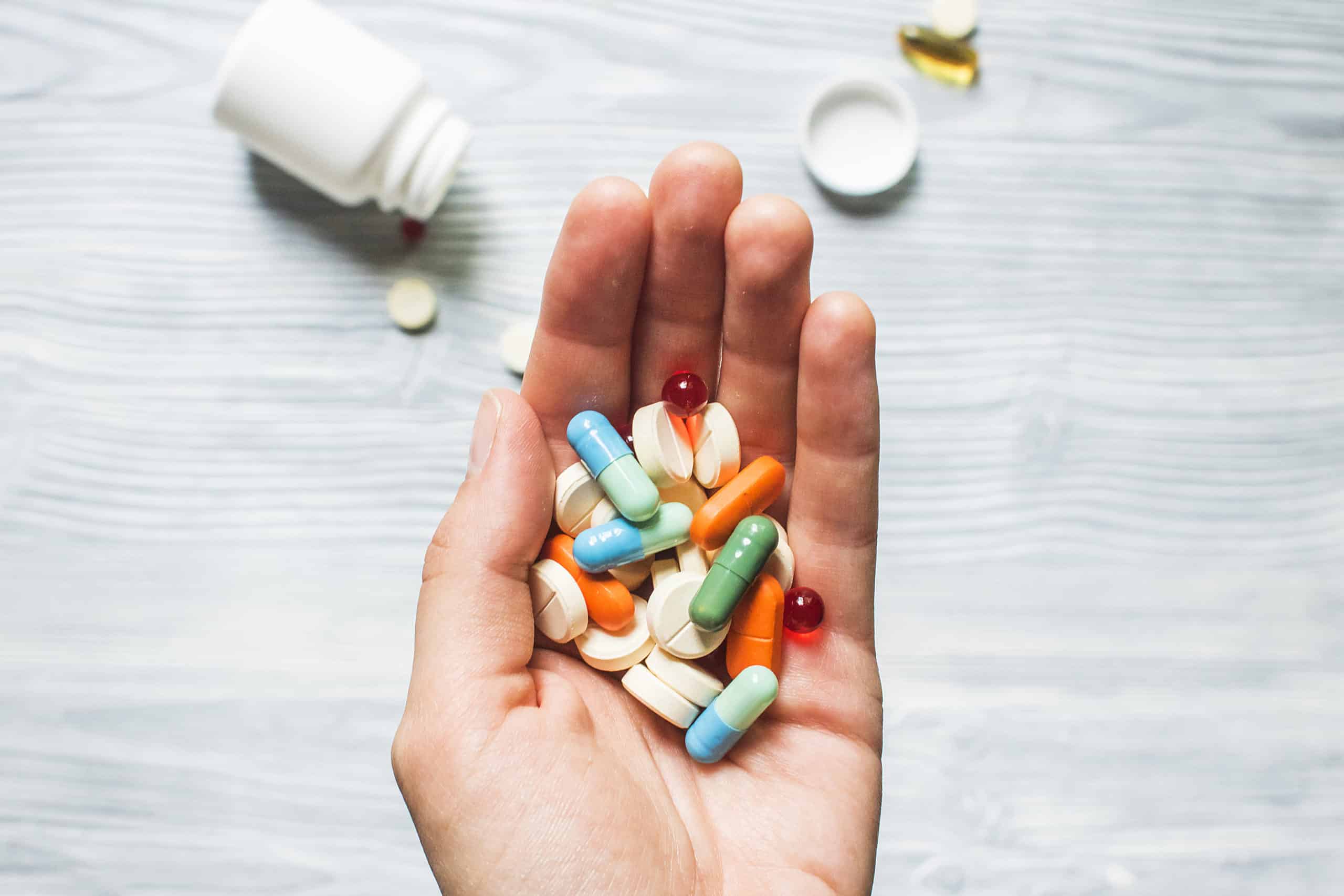New medications are subjected to clinical trials to evaluate their efficacy and safety.
Clinical trials are necessary because they help doctors, researchers, and patients learn more about a drug. There are many different types of clinical trials. Some are small, like a single person trying out a new medication, and others are much larger and involve hundreds or even thousands of people.
Clinical trials facilitated by Altus Research can test the safety and efficiency of new drugs or treatments before they sell in pharmacies and are prescribed by doctors. For example, you might have heard about clinical studies that have been done on vaccines to find out which one is best at preventing diseases like measles or whooping cough.
In some cases, clinical trials involve testing drugs that may not be available to everyone. This is called “compassionate use,” and it’s only available for those who cannot access the drug through normal means.
The Stages of Clinical Trials
The clinical trial process has various steps throughout the research and development process, often involving multiple testing phases.
Pre-Clinical Studies
Pre-clinical studies provide basic information about new drug safety, tolerability, and effectiveness. This includes laboratory experiments that test the safety of new treatments in animals before they are tested on humans.
Phase 0
Phase 0 is considered an exploratory study, aiming to build the knowledge needed to determine whether further research into a treatment or new medicinal discovery could yield positive results.
Phase I
This phase of clinical trials is conducted on healthy volunteers to collect critical data about a new product. The goal is to determine whether the new medicine is safe, whether no severe side effects are occurring, and whether it affects normal body functions. They often involve small numbers of people who have a specific condition or who have a medical history that qualifies them to be a volunteer.
Phase II
In Phase II clinical trials, the researchers confirm that the proposed study design and format are safe, adequate, and ethical. They may also check the product’s commercial potential.
The goal in this phase is to identify the optimal dose and duration of treatment and potential side effects before moving on to Phase III. This phase tests the drug in larger numbers of subjects, giving physicians a better idea if the medication will work before it goes to the next stage.
Phase III
Phase III trials are large-scale clinical trials that allow researchers to analyze the effectiveness of a medication or treatment, compare it with other medicines, and continue to determine if it’s safe to deploy in larger populations. Commonly studied in phase III are anti-cancer drugs and medications for autoimmune disorders.
Phase IV
A trial completed at this stage may result in a new drug ready for market—if the FDA considers it safe and effective. Suppose a drug does not prove adequate or effective to meet clinical needs. In that case, the manufacturer may decide in favor of a different subset of patients and continue with another potential drug.
Join a Clinical Trial in Lake Worth, FL
Clinical trials are a necessary part of the drug discovery procedure as it helps companies evaluate the safety and efficacy of new drugs. If you’re interested in having a consultation, simply fill out our online form and we’ll get in touch with you to set up an appointment.

